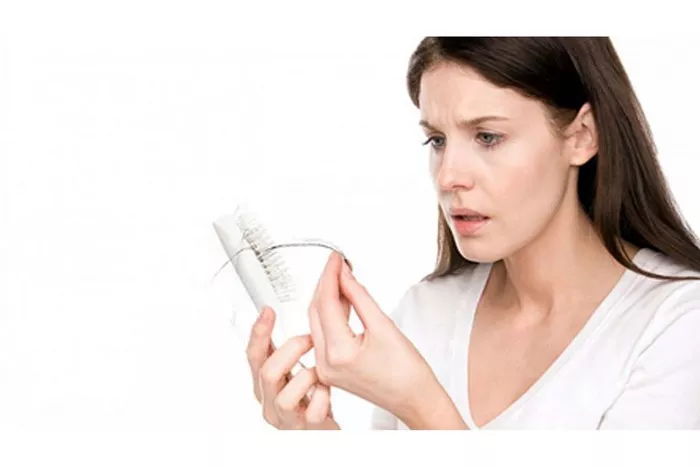Pregnancy is a miraculous journey filled with physical and emotional changes, but some symptoms may catch expectant mothers by surprise. While morning sickness and mood swings are widely known, hair loss may not be an immediate concern for many women. However, recent studies and anecdotal evidence suggest that losing hair could potentially be a sign of pregnancy. In this article, we explore the fascinating relationship between pregnancy and hair health.
The Hormonal Roller Coaster of Pregnancy
Pregnancy is a time of intense hormonal fluctuations as the body undergoes significant changes to support the growing fetus. Estrogen, progesterone, and other hormones play pivotal roles in maintaining the delicate balance required for a healthy pregnancy. These hormonal changes can have various effects on the body, including shifts in hair growth and loss patterns.
Normal Changes in Hair During Pregnancy
Before delving into the potential link between hair loss and pregnancy, it’s essential to recognize the normal changes that occur in hair health during this time. Many women experience a lush, thickening of their hair during pregnancy, often referred to as the “pregnancy glow.” This phenomenon is primarily attributed to elevated estrogen levels, which extend the hair growth phase, resulting in less hair shedding.
Understanding Postpartum Hair Loss
While pregnancy may bring about positive changes in hair thickness, the postpartum period often presents a different scenario. Shortly after giving birth, some women experience hair loss, known as postpartum alopecia. This condition is linked to the abrupt drop in estrogen levels following delivery. The hair that was in the prolonged growth phase during pregnancy shifts into the shedding phase, leading to noticeable hair loss.
Hair Loss as a Potential Sign of Pregnancy
Intriguingly, some women report experiencing hair loss as an early sign of pregnancy. While this is not a universal occurrence, it raises questions about the complex interplay between hormones and hair health during the early stages of gestation.
The Hormonal Puzzle: Pregnancy and Hair Loss
Research suggests that hormonal fluctuations during early pregnancy may influence the hair growth cycle. One key hormone associated with this process is human chorionic gonadotropin (hCG), often referred to as the “pregnancy hormone.” Elevated levels of hCG are a characteristic feature of early pregnancy and are essential for maintaining the corpus luteum, which, in turn, produces progesterone.
The surge in progesterone, along with other hormonal changes, may impact the hair growth cycle. Some studies propose that increased levels of progesterone may contribute to hair thinning or shedding in susceptible individuals. However, it’s important to note that the scientific understanding of this potential link is still evolving.
Other Factors Influencing Hair Health
While hormonal changes are a significant factor in the hair-related experiences of pregnant women, other factors can contribute to changes in hair health during this time. Nutritional status, stress levels, and genetic predispositions all play roles in influencing the condition of one’s hair.
Navigating the Unknown: Seeking Professional Guidance
If a woman notices significant changes in her hair during pregnancy, consulting with a healthcare professional is crucial. While some hair changes are normal and expected, excessive hair loss or other concerning symptoms may warrant further investigation. A healthcare provider can assess the individual’s overall health, nutritional status, and hormonal balance to determine the cause of any hair-related issues.
Self-Care and Coping Strategies
Understanding the potential link between hair loss and pregnancy can empower women to take proactive steps in caring for their hair during this transformative time. Maintaining a healthy diet rich in essential nutrients, staying hydrated, and managing stress are key elements of self-care that can positively impact overall well-being, including hair health.
See Also: The Role of Biosil in Addressing Hair Loss: A Full Overview
Conclusion
Pregnancy is a remarkable and complex journey that brings about numerous changes in a woman’s body. While hair loss as a sign of pregnancy is not universally experienced, the hormonal fluctuations associated with gestation may influence the hair growth cycle for some women. Recognizing the normal changes in hair during pregnancy and being aware of potential red flags can empower expectant mothers to navigate this period with confidence. As always, seeking guidance from healthcare professionals ensures that any concerns related to hair health during pregnancy are addressed appropriately, allowing women to focus on the joyous moments of expecting a new life.


